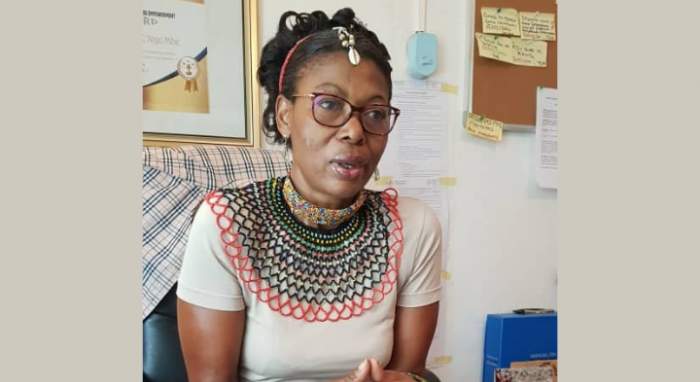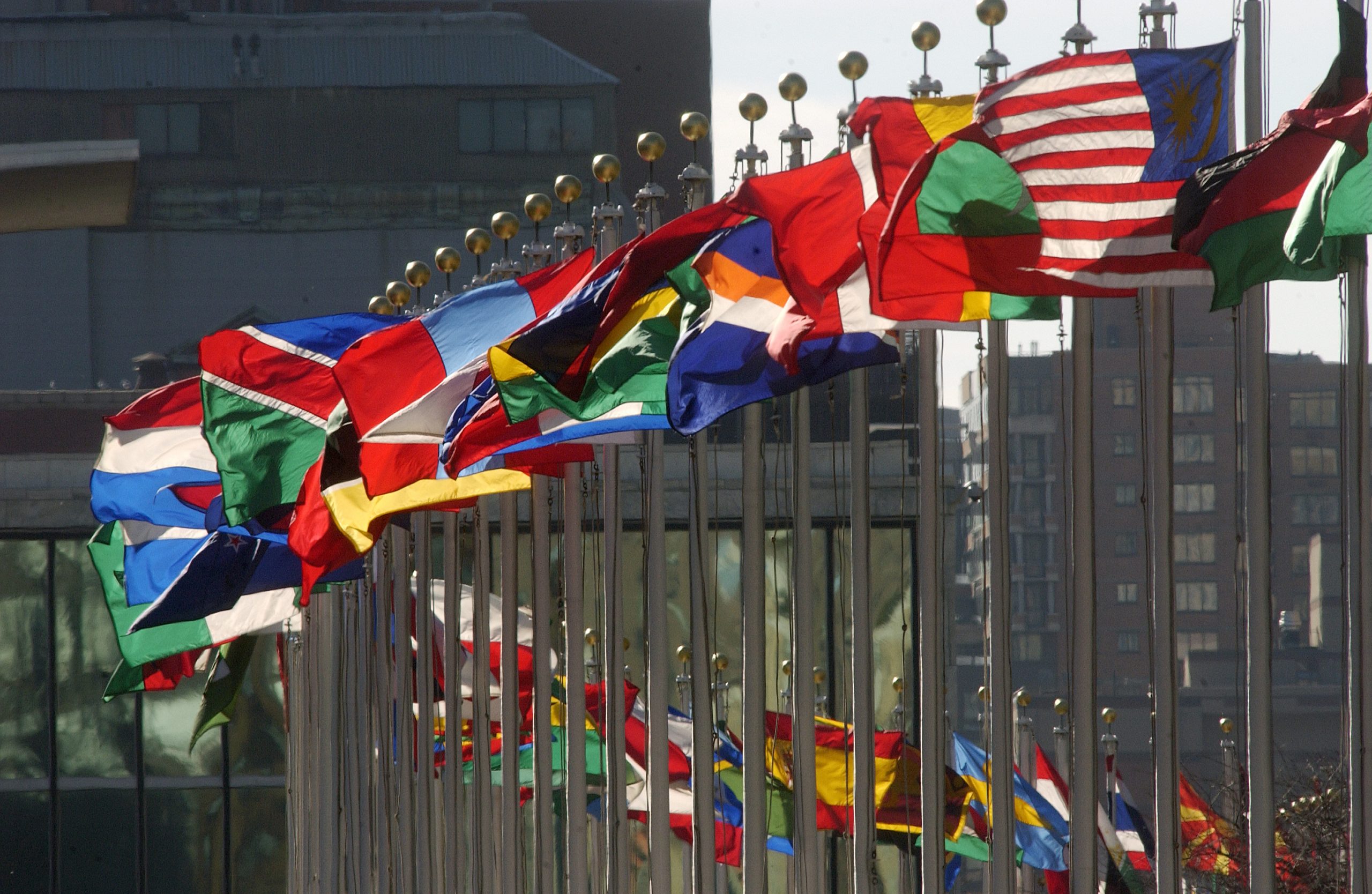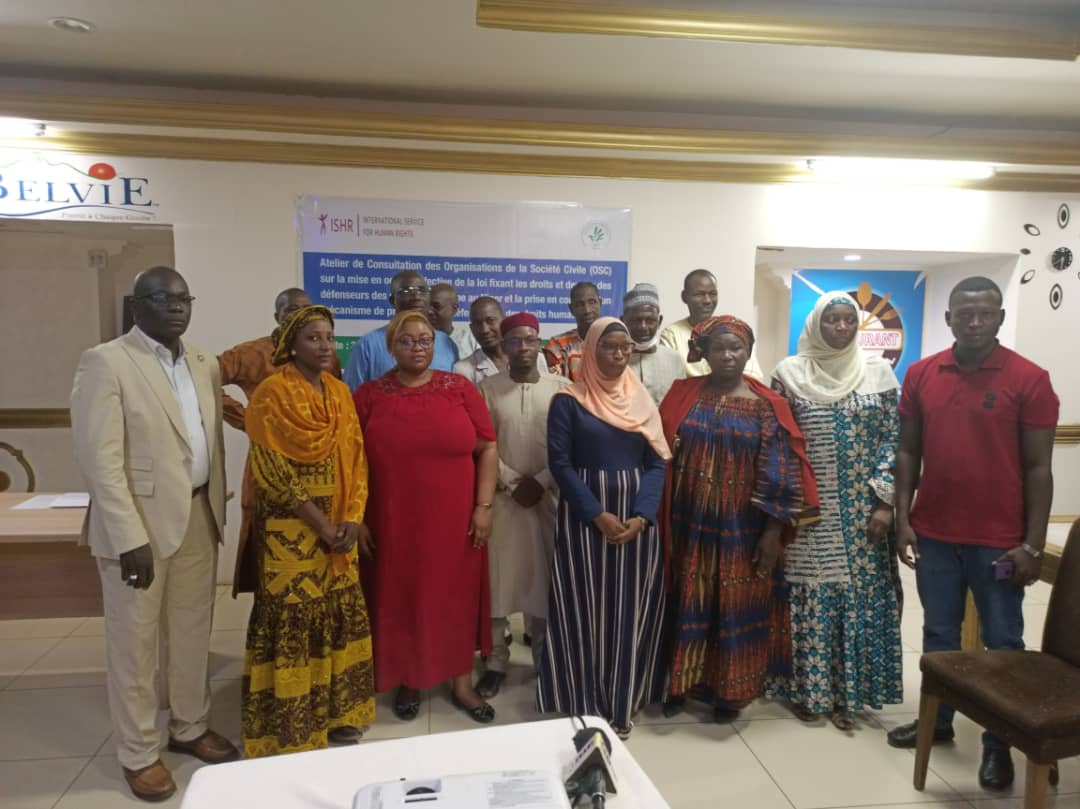On 12 April 2021, during the NGO Forum preceding the 68th ordinary session of the African Commission on Human and Peoples’ Rights (ACHPR) a panel was held on the impact of Covid-19 on elections in Africa, focusing on electoral violence, shrinking civic space, and human rights defenders.
In her introductory remarks, the moderator, Maximilienne Ngo Mbe, Executive Director of the Central African Human Rights Defenders Network (REDHAC) noted that this panel was an opportunity for the panelists to say how they experienced the elections in their countries during the Covid-19 period. In particular, what lessons have they learned and what are the strong recommendations they have made so that after Covid-19 peaceful elections can be held in Africa.
The various exchanges and analyses were guided by questions addressed to the panelists such as: How did the elections happen in their respective countries? Did the Covid-19 accentuate human rights violations or was it beneficial during the elections? How did women and girls experience the elections under Covid-19 and what about the defenders?
The organisation of elections in the Central African Republic (CAR) faced numerous security and health challenges. Many candidates at the presidential elections were unable to travel to cities across the country due to restrictions. Lucie Boala Hayali, REDHAC Coordinator in CAR shared that despite efforts to encourage women’s participation in the electoral process, the pandemic and the lack of financial resources considerably limited their ability to mobilise. In addition, the number of infected people has increased considerably in the capital Bangui after the elections, where more than 700 cases have been recorded in screening centers.
In Niger, the pandemic has also had a considerable impact on fundamental freedoms and the organisation of presidential elections. For Abdoulaye Kanni, Coordinator of the Collectif des Organisations de Défense de Droits de l’Homme de promotion de la Démocratie (CODDHD), the state of emergency implemented by the government, the isolation of Niamey, the prohibition of gatherings of more than 50 people and the numerous violations of fundamental freedoms in the name of the fight against the pandemic have limited the capacity of the population to be enrolled on the biometric file and impacted the rate of voter participation. However, in Niger the pandemic has favored the participation of women through the availability of sufficient means, he concluded.
Finally, the experts recommended to States to support the continued work of human rights defenders at all times, to ensure that countries at risk are secure and that sufficient resources are available for women to stand for election, to take an interest in the process and for women’s enrolment.
Civil society organisations must continue to monitor, document and report on human rights violations to bring about change in the leadership and they must unite for advocacy actions to encourage the adoption of laws on the protection of human rights defenders in different countries.




